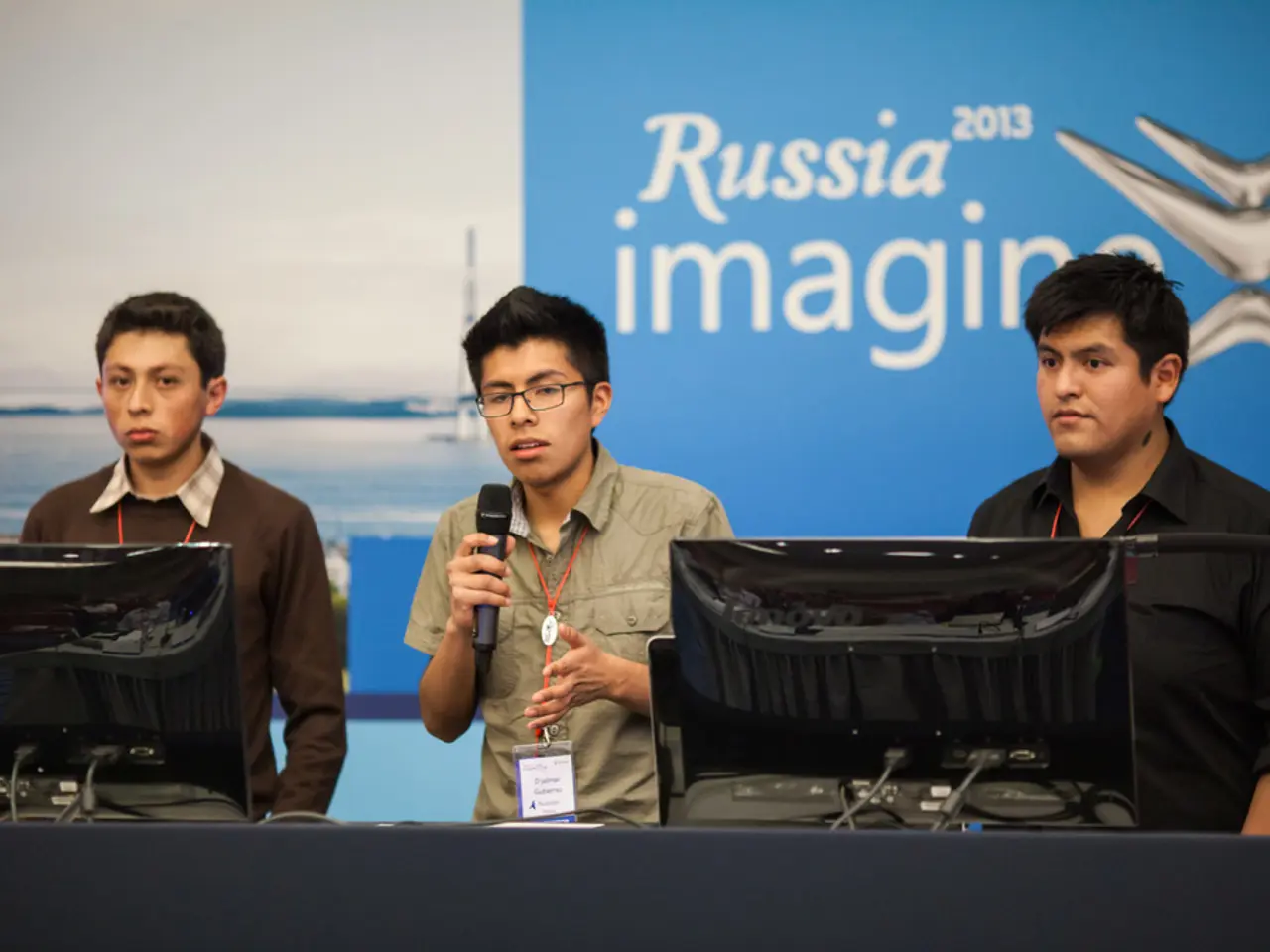Span's Steady Refusal to Boost Defense Spending Ahead of NATO Summit in The Hague
NATO's five percent defense spending goal is being rejected by Spain
Madrid (dpa) - Spain's stubbornness towards the NATO plans to beef up defense spending to a whopping 5% of GDP isn't new. Spanish Prime Minister Pedro Sánchez recently penned a letter to NATO Secretary-General Mark Rutte, shared by state TV broadcaster RTVE and other media outlets, expressing this stance. The Spanish administration, when prompted, confirmed the information's authenticity.
Sánchez stated that escalating defense spending to a whopping total of 5% of GDP by 2032, as proposed, would be not only unreasonable but detrimental to his nation. As a result, Spain will reportedly snub a specific spending promise at next week's NATO summit in The Hague.
This standpoint from Sánchez isn't surprising. In late May, Foreign Minister José Manuel Albares emphasized during a joint press conference with his German counterpart Johann Wadephul (CDU) that Spain is investing more in the defense industry than ever before. The present 2% NATO target, he claimed, was "realistic."
Meanwhile, Defense Minister Margarita Robles even branded NATO's proposals as a "big mistake." "We believe that the process shouldn't consist of setting a percentage first and then determining the capabilities; rather, it should be the other way around," she stated.
With military spending of approximately 1.3% of GDP, Spain is one of the most notorious laggards in the alliance. However, the left-wing authorities announced in April that they aim to reach the 2% target this year. Originally, this was slated for 2029. To accomplish this, Madrid plans to shell out an extra €10.5 billion, representing around 50% more than previously allocated.
Madrid, on a Mission to Avert a Calamity
Spain's reluctance to bow to NATO's proposed increase in defense spending arises primarily due to the astronomical leap it demands compared to the current 2% benchmark and fiscal constraints. The NATO proposal, advocated by NATO head Mark Rutte, suggests a two-tiered approach where members commit 3.5% of GDP to core defense spending and an additional 1.5% to other security-related investments like infrastructure and cybersecurity. Although this adds up to 5%, the split aims to make the jump more politically palatable[1][2].
Spain seeks exemption from this 5% target because lifting core defense spending from 2% to 3.5%, not to mention adding another 1.5%, is a substantial and financially challenging move amidst the current economic pressures and fiscal realities. Many NATO allies, including Spain, struggle to meet even the existing 2% target, making the proposed hike seem formidable and potentially unsustainable[1].
In contrast, Spain proposes a more flexible approach rather than a rigid 5% target. It wants to steer clear of inflexible commitments that don't take national circumstances and fiscal capacity into account. Spain calls for maintaining the core defense spending near the existing 2% while likely focusing on other areas of security and defense that better suit its economic and strategic context, rather than rigidly adhering to the 5% split suggested by NATO[1].
All in all, Spain resists the 5% GDP defense spending target due to practical concerns and seeks an exception or a more tailored commitment that reflects its economic situation and defense priorities, championing flexibility over a fixed numerical target.
Spain's reluctance to increase defense spending to 5% of GDP as proposed by NATO can be traced back to policy-and-legislation discussions, with Spanish Prime Minister Pedro Sánchez expressing his concerns about the financial implications of such a move. This stance is also rooted in the politics of the decision, with Defense Minister Margarita Robles calling NATO's proposed increase a "big mistake." General news outlets have reported on this issue, highlighting Spain's push for a more flexible approach to defense spending, rather than a rigid 5% target, to better suit its economic and strategic context.




